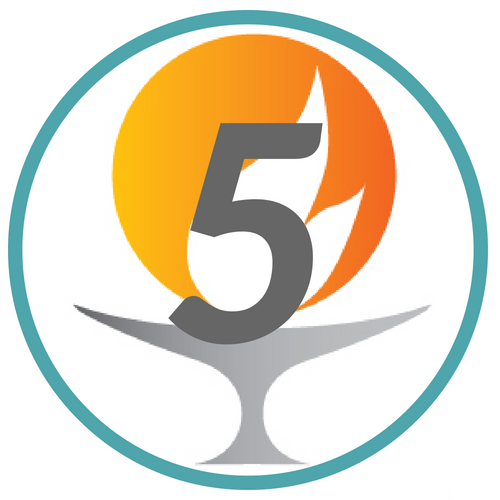
5 Reasons to Visit the UUCSJ Booth at GA
Are you going to Kansas City for the UUA’s General Assembly 2018? UUCSJ is and we would love to have you stop by our booth to say hello. If you need some convincing, here are the top 5 reasons YOU should visit us at GA!

Get this year’s button!
Every year, we at UUCSJ pick a quote that connects to the theme at GA and spreads a message aligned with our values. General Assembly is your first (and often last) chance to get each button as we never print more than what we bring with us. Stop by our booth in the exhibit hall (this year we are with the UUSC) and grab yours.
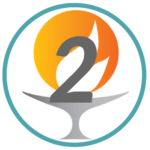 Talk to UUCSJ staff, Program Leaders and Alumni Leaders
Talk to UUCSJ staff, Program Leaders and Alumni Leaders
As usual, Heather (our Senior Associate for Outreach, Enrollment and Administration) will be at the booth the most often, but you will also have chances to talk to Deva Jones (Senior Associate for Service Learning and Internships), Gina Collignon (Senior Associate for Immersion Learning), the Rev. Kathleen McTigue (our Director), our three alumni leaders and maybe even some of our fabulous program leaders.
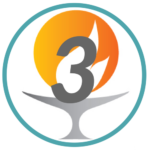
Get a daily meditative reading in
This year, we will have a daily meditation at our booth, so wander by and take some time to spiritually center yourself during the hustle and bustle of GA.
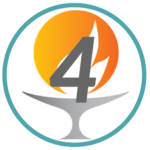
Ask about our new congregational starter kits
Are you interested in getting a group from your congregation on one of our immersion learning journeys? Do you want more people to know about our internship and volunteer programs? Ask about our new congregational starter kits full of information and promotional materials to help you inspire social justice activism in your church.
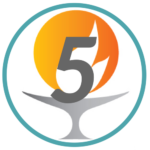
The ribbons of course!
We have ribbons, yes we do. We have ribbons so can you! Stop by our booth and sign up to receive our monthly newsletter (or let us know you already are signed up) and we’ll give you one of our UU College of Social Justice ribbons to add to your collection.

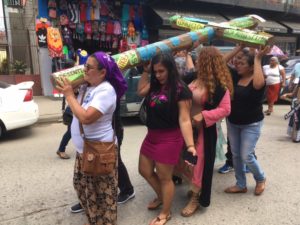 The Via Crucis we followed last month in San Pedro Sula, Honduras, was different. It demonstrated vividly the power and peril faced by those whose deepest faith compels them to stand up against oppression. The cross they carried was covered with words — poverty, violence, hatred, murders, torture, imprisonment – naming explicitly the weight the people carry, under the repressive presidency of Juan Orlando Hernandez. Those in the procession also carried 34 smaller crosses, each one bearing the name of a person who had been shot and killed by security forces in the past two months, since the fraudulent election that ensures Hernandez will continue in power.
The Via Crucis we followed last month in San Pedro Sula, Honduras, was different. It demonstrated vividly the power and peril faced by those whose deepest faith compels them to stand up against oppression. The cross they carried was covered with words — poverty, violence, hatred, murders, torture, imprisonment – naming explicitly the weight the people carry, under the repressive presidency of Juan Orlando Hernandez. Those in the procession also carried 34 smaller crosses, each one bearing the name of a person who had been shot and killed by security forces in the past two months, since the fraudulent election that ensures Hernandez will continue in power.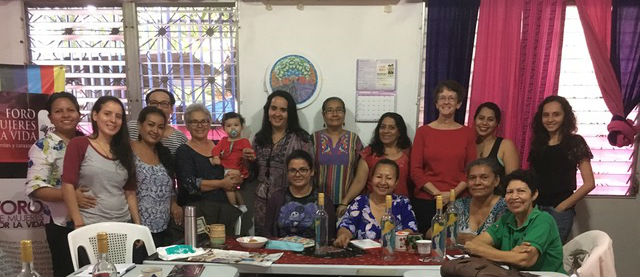
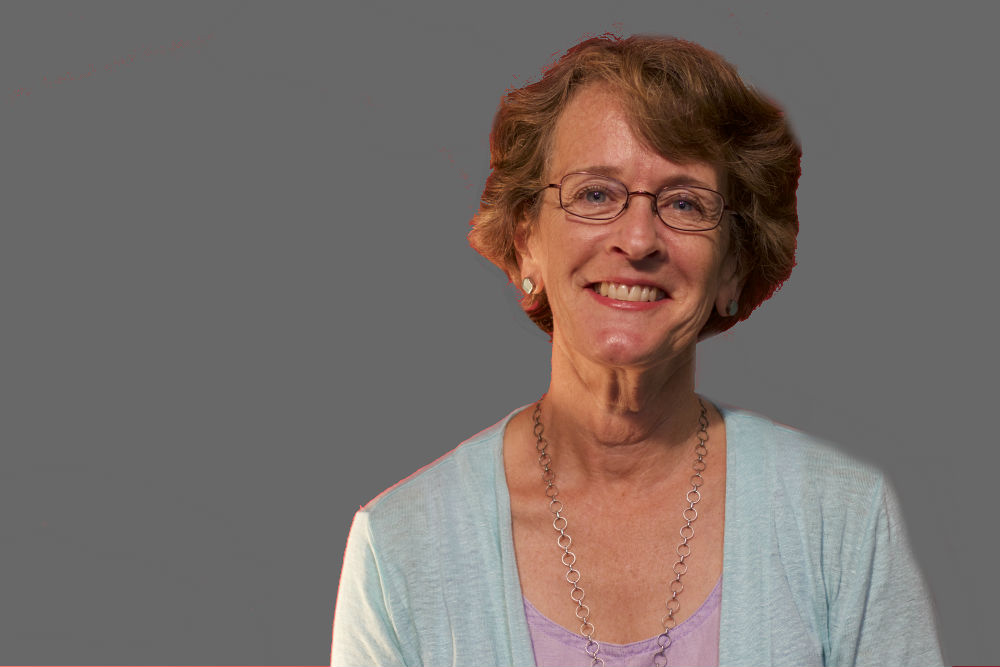
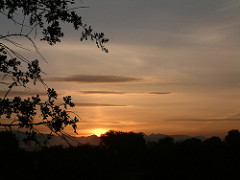 As a new year dawns, everything is the same –
As a new year dawns, everything is the same –